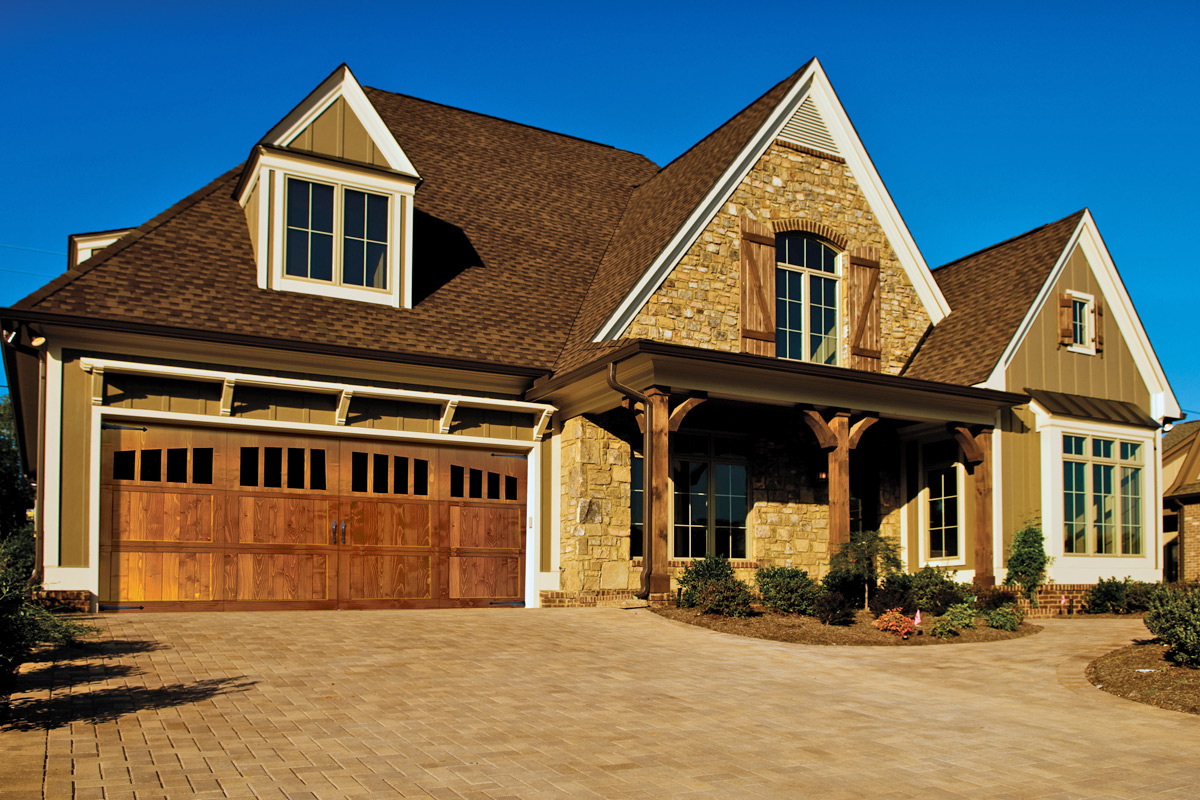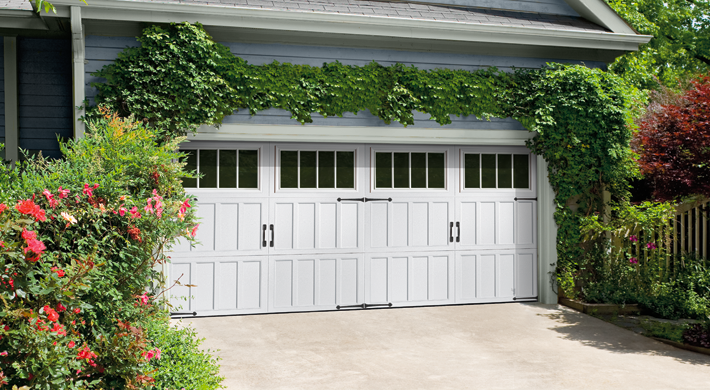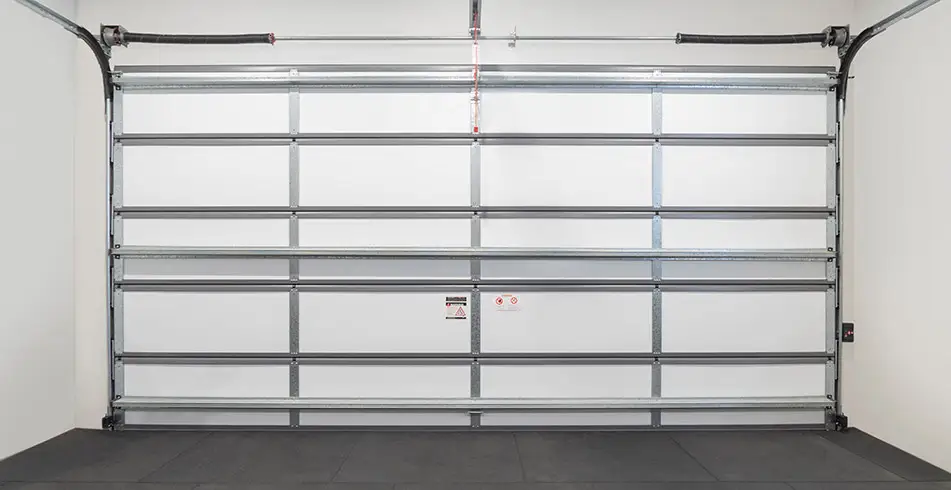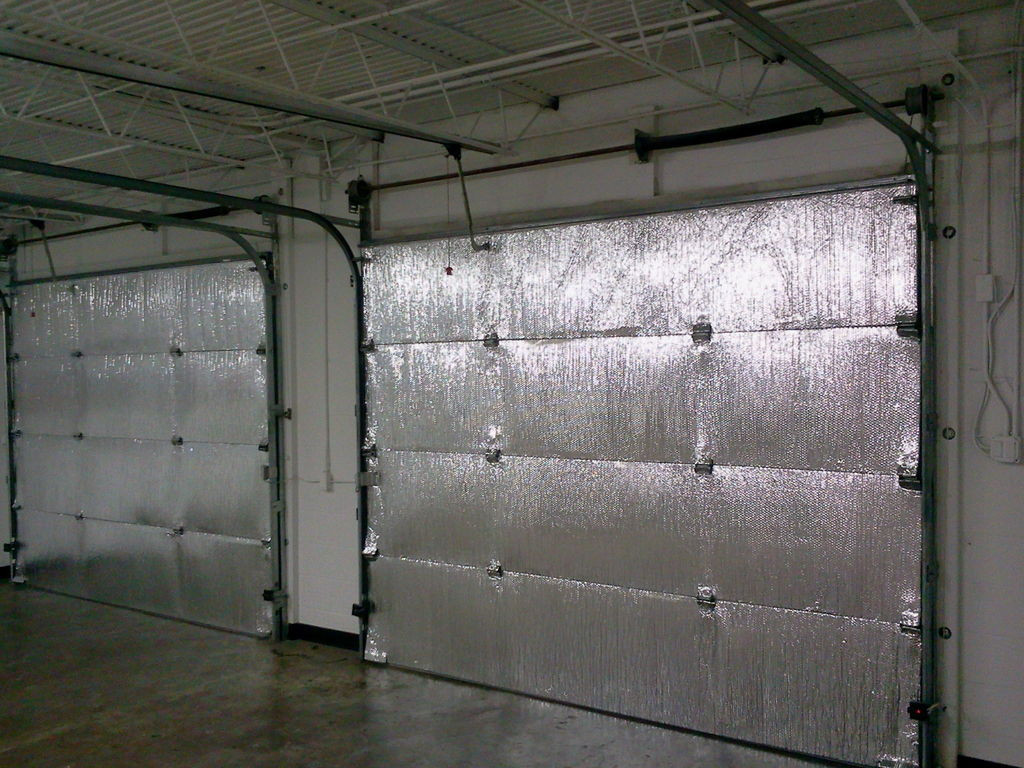Maintaining your garage door is essential for ensuring its longevity and smooth operation. One of the most important aspects of garage door maintenance is lubrication. Knowing what to use to lubricate your garage door can make a tremendous difference in its performance. In this article, we will explore the best options for lubricating different parts of your garage door and provide tips to keep it operating efficiently.

Why Lubrication is Crucial
Lubrication helps in reducing friction between moving parts, minimizing wear and tear, and preventing rust and corrosion. This not only prolongs the life of your garage door but also ensures that it operates quietly and smoothly. Proper lubrication can prevent costly repairs and replacements, making it a smart investment for homeowners.
Big Factors to Consider When Choosing Lubricants
Type of Lubricant
There are various types of lubricants available, such as silicone-based, lithium-based, and Teflon-based. Each type has its pros and cons, so it’s important to choose the right one for your specific needs.
Application Method
Some lubricants come in spray cans, while others are available in liquid or grease form. Spray lubricants are convenient and easy to apply, especially for hard-to-reach areas.
Environmental Factors
Consider the climate and environmental conditions in your area. For instance, if you live in a region with extreme temperatures, you might need a lubricant that can withstand those conditions.
What Parts of the Garage Door Need Lubrication?
Identifying the key parts of your garage door that need lubrication is crucial for effective maintenance. Here are the major components that should be lubricated:
Springs
The springs are responsible for lifting and lowering the garage door. Lubricating them ensures smooth movement and reduces noise.
Hinges
Hinges connect the various sections of the garage door, allowing it to bend and flex as it opens and closes. Proper lubrication keeps them functioning smoothly.
Rollers
Rollers help the garage door move along the tracks. Lubricating them minimizes friction and prevents wear and tear.
Tracks
The tracks guide the rollers and ensure smooth movement. Keeping them clean and lubricated is essential for optimal performance.
Terrific Lubricant Options
Silicone Spray
Silicone spray lubricants are popular for their versatility and ease of application. They are suitable for various parts of the garage door, including springs, hinges, and rollers. Silicone spray provides excellent lubrication while creating a protective barrier against moisture and dust.
Lithium Grease
Lithium grease is a thick, long-lasting lubricant that works well for metal-to-metal contact points. It is ideal for springs and hinges, providing superior lubrication and protection against rust and corrosion.
Teflon-Based Lubricant
Teflon-based lubricants offer exceptional resistance to temperature extremes and provide smooth, long-lasting lubrication. They are suitable for a wide range of garage door components, ensuring optimal performance in various conditions.
Step-by-Step Guide to Lubricating Your Garage Door
Now that you know what to use to lubricate garage door parts, let’s walk through the steps to ensure effective lubrication:
Step 1: Gather Your Supplies
Before you begin, gather the necessary supplies, including your chosen lubricant, a cloth, and a ladder if needed.
Step 2: Clean the Parts
Clean the various parts of the garage door to remove dirt and debris. Use a cloth or a brush to ensure a clean surface for lubrication.
Step 3: Apply the Lubricant
Apply the lubricant to the key components, such as springs, hinges, rollers, and tracks. Use short, controlled bursts for spray lubricants and ensure even coverage.
Step 4: Test the Door
After lubrication, operate the garage door a few times to distribute the lubricant evenly and ensure smooth movement.
Common Mistakes to Avoid
Avoid these common mistakes to ensure effective lubrication and prevent damage to your garage door:
Over-Lubrication
Using too much lubricant can attract dirt and debris, leading to gumming up and reduced performance. Apply a thin, even layer for optimal results.
Neglecting Regular Maintenance
Regular lubrication is key to maintaining a smooth-operating garage door. Create a maintenance schedule and stick to it to prevent issues.
Tremendous Benefits of Regular Lubrication
Regular lubrication offers numerous benefits, including reduced noise, smoother operation, and extended lifespan of your garage door components. It’s a simple and cost-effective way to ensure optimal performance and avoid unexpected repairs.
Noise Reduction
Proper lubrication reduces friction and minimizes noise, making your garage door operation quieter and more pleasant.
Smooth Movement
Lubricated components move smoothly, preventing jerky movements and ensuring consistent performance.
Extended Lifespan
By reducing friction and wear, regular lubrication prolongs the life of your garage door parts, saving you money on replacements.
When to Seek Professional Help
While regular lubrication is a DIY task, there are instances when professional assistance may be required. If you encounter issues such as broken springs, misaligned tracks, or unusual noises, it’s best to consult a garage door technician. [How to program garage door opener.](https://garagedoorsrepairlasvegas.com/how-to-program-garage-door-opener/)
Approved Products and Brands
When choosing lubricants, consider reputable brands known for their quality and effectiveness. Some popular options include WD-40 Specialist Silicone Spray, 3-IN-ONE Professional Garage Door Lubricant, and Blaster Garage Door Lubricant.
WD-40 Specialist Silicone Spray
A versatile and reliable lubricant suitable for various garage door components.
3-IN-ONE Professional Garage Door Lubricant
A trusted choice for homeowners, offering excellent lubrication and protection.
Blaster Garage Door Lubricant
Known for its long-lasting performance and ability to withstand extreme conditions.
Conclusion
Proper lubrication is essential for maintaining the performance and longevity of your garage door. By choosing the right lubricant and following the steps outlined in this article, you can ensure smooth and quiet operation, prevent costly repairs, and extend the life of your garage door components. Remember, regular maintenance is key to enjoying the tremendous benefits of a well-lubricated garage door. Invest in quality lubricants and follow a consistent lubrication schedule to keep your garage door in top shape.
FAQ Section
How often should I lubricate my garage door?
It’s recommended to lubricate your garage door every six months to ensure optimal performance and longevity.
Can I use WD-40 to lubricate my garage door?
While WD-40 can be used for cleaning, it’s best to use a silicone or lithium-based lubricant specifically designed for garage doors for long-lasting results.
What should I do if my garage door is still noisy after lubrication?
If your garage door remains noisy a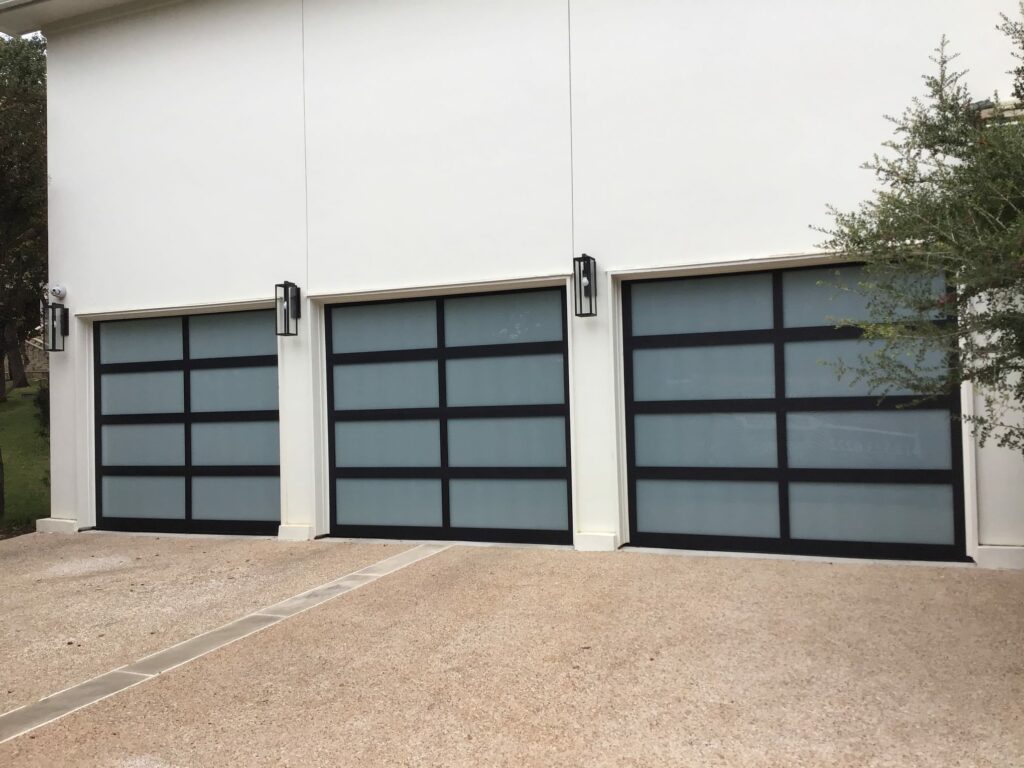 fter lubrication, it may indicate an underlying issue. Consider consulting a professional garage door technician for a thorough inspection and necessary repairs. [Garage door won’t go up.](https://garagedoorsrepairlasvegas.com/why-wont-my-garage-door-go-up/)
fter lubrication, it may indicate an underlying issue. Consider consulting a professional garage door technician for a thorough inspection and necessary repairs. [Garage door won’t go up.](https://garagedoorsrepairlasvegas.com/why-wont-my-garage-door-go-up/)
Additional Resources
For more information on maintaining your garage door, visit Stay Safe – Garage Door Safety and Common Garage Door Problems.






